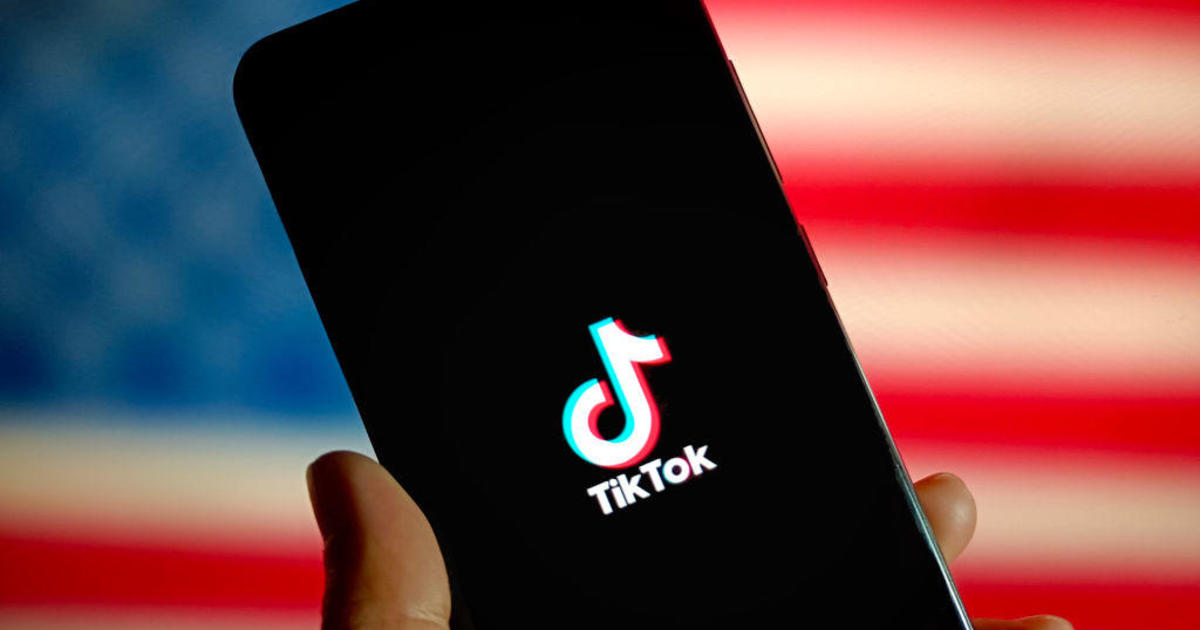The popular social media service TikTok could soon face significant changes in the U.S., as the House recently passed legislation that would bar the platform from operating in the country if its China-based owner, ByteDance, does not sell its stake within a year. This move comes amid concerns about the Chinese government potentially accessing personal data of U.S. users through TikTok. The bill is expected to pass in the Senate as part of a larger foreign aid package, despite TikTok’s efforts to rally its users against the legislation.
TikTok has actively engaged its users in the fight against the bill, sending push notifications urging them to contact lawmakers and argue against the potential ban. However, this effort appears to have been unsuccessful, with lawmakers raising concerns about the platform’s ability to reach a large number of minors through bulk notifications. TikTok has criticized the bill, stating that it would infringe on the free speech rights of millions of Americans and have a significant negative impact on the U.S. economy.
The Senate is expected to vote on the TikTok bill soon, with President Joe Biden indicating his support for the legislation. Lawmakers are primarily focused on compelling ByteDance to sell its stake in TikTok due to concerns about the company’s ties to China and the potential sharing of user data with the Chinese government. If the bill passes, ByteDance would have a limited timeframe to arrange a sale, with possible extensions granted.
Potential buyers for TikTok include tech giants like Microsoft and Oracle, as well as private equity groups. However, the sale process could be complicated if ByteDance chooses not to include its core algorithms, which are essential for TikTok’s video recommendation system. Analysts suggest that other social media platforms like Meta (formerly Facebook) could benefit from TikTok’s potential ban, with a significant portion of TikTok users likely shifting to Instagram and Facebook in the event of a shutdown.
The fate of TikTok in the U.S. hinges on the outcome of the legislative process and potential sale negotiations. If the bill becomes law, TikTok’s owner will face pressure to divest its stake in the platform, with significant implications for the social media landscape. The ongoing scrutiny of TikTok highlights broader concerns about data privacy, national security, and the influence of foreign entities on U.S.-based tech companies.









